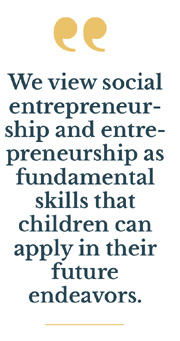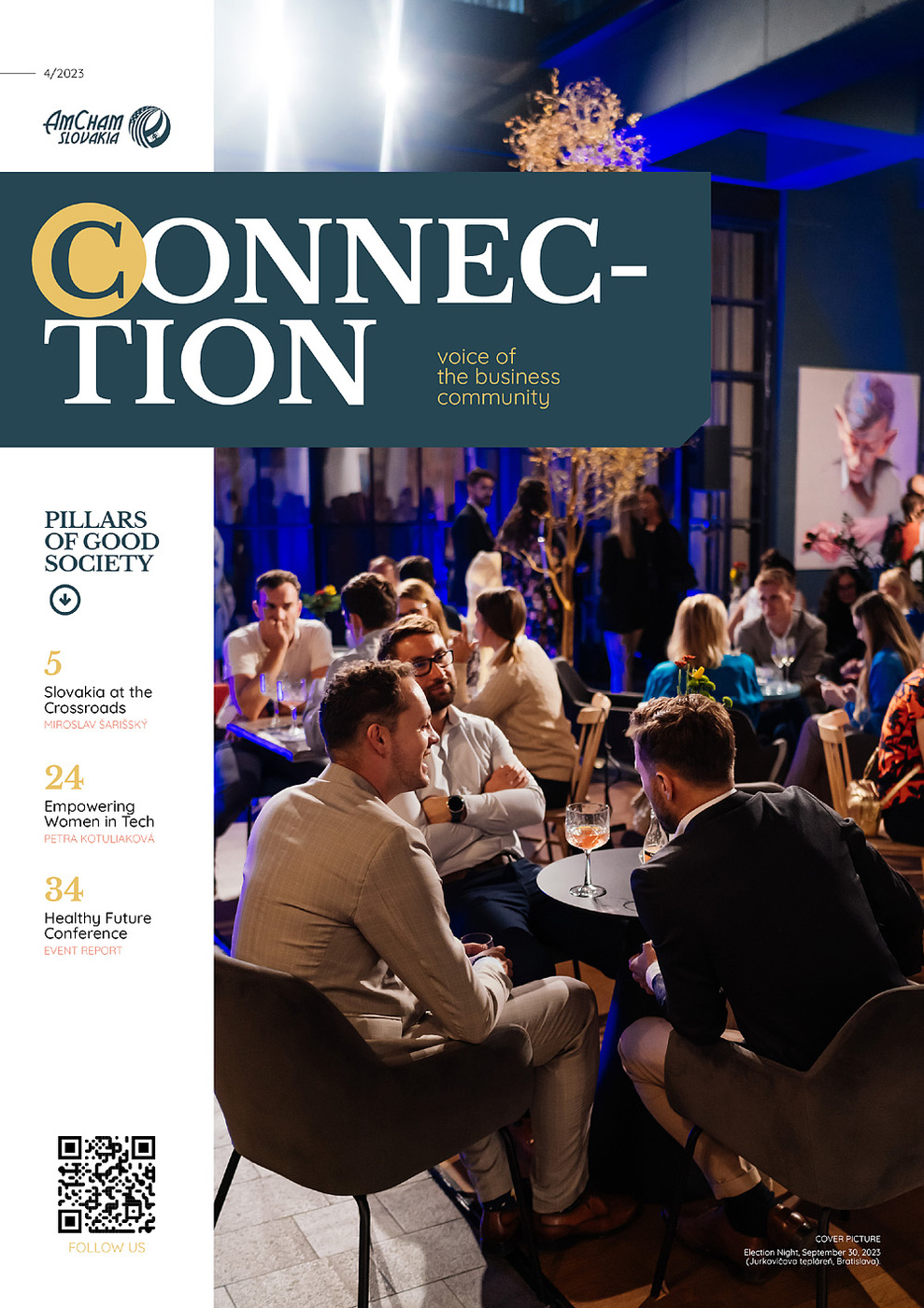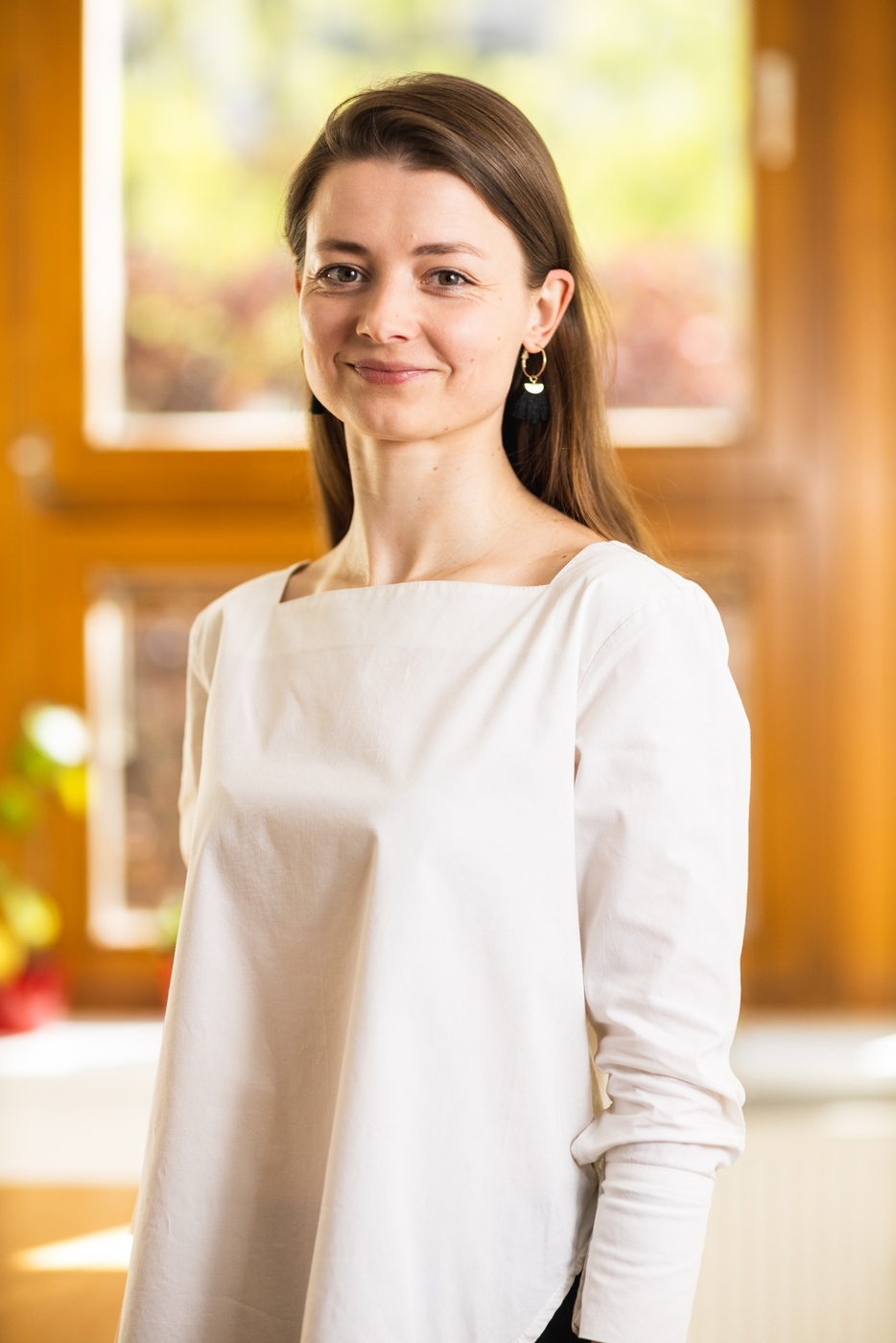Why should we support young innovators?
Data from last year’s OECD report indicates that our country’s innovation performance is weak. Furthermore, there exists a disconnect between the skills acquired through the educational process and the actual demands of the labor market, particularly in the fields of digital economy and entrepreneurship. The OECD PISA database also highlights subpar academic results in reading literacy, mathematics, and science. Simultaneously, it underscores the lack of self-confidence among Slovak teenagers. According to another PISA survey, every other teenager thinks that they cannot adapt to new situations and work under stress or pressure.
Every second teenager also believes that they cannot devise a solution when faced with a challenging situation. Young people from Slovakia ranked last among all 63 countries in terms of their ability to take action. Despite their understanding of issues like the seriousness of the climate crisis, they lack the confidence to engage in discussions on such topics or actively participate in problem-solving endeavors, such as initiating petitions.
The European Commission recommends and lists eight key competences necessary for success and personal fulfillment: literacy, multilingualism, numerical, scientific, and technical skills, digital and technological competences, interpersonal skills, the ability to acquire new competences, active citizenship, entrepreneurship, and cultural awareness and expression.
 Slovak companies associated in the American Chamber of Commerce are making a compelling appeal. They are urging educational institutions to embrace the concept of the future workforce as a focal point for discovering their relevance and distinctiveness. They see this as an opportunity to promote innovation and creativity, which, in turn, can entice individuals to engage in lifelong learning, development, education, and the acquisition of new abilities and skills.
Slovak companies associated in the American Chamber of Commerce are making a compelling appeal. They are urging educational institutions to embrace the concept of the future workforce as a focal point for discovering their relevance and distinctiveness. They see this as an opportunity to promote innovation and creativity, which, in turn, can entice individuals to engage in lifelong learning, development, education, and the acquisition of new abilities and skills.
We educate future changemakers
In response to the alarming data mentioned above, the Pontis Foundation is developing the Open Future program by integrating the principles and tools of social innovation. This program spans three years and is designed for young people aged 11 to 15. Building upon research and collaboration among members of the Board of Directors, the innovative Open Future center was established to provide informal education opportunities located at or near primary schools.
Participants will have access to the so-called “mini-coworking” spaces, providing them with a secure environment that includes ongoing mentoring by professionals. Over the course of three years, children will collaborate on developing an idea or a solution to a community problem, thereby acquiring the necessary skills along the way.
The Open Future program connects experts in social entrepreneurship, soft skills and digital skills who create content, engages experts from companies as lecturers, university students as mentors, and engages cities that want to develop the skills of their young residents, with a higher proportion of pupils from disadvantaged backgrounds.
We view social entrepreneurship and entrepreneurship as fundamental skills that children can apply in their future endeavors. These skills empower them to identify or create opportunities and embark on their own projects while taking responsibility for them. This is why social innovation is the central element of the Open Future curriculum, a goal every participant should strive to achieve in their own unique way. Engaging in innovation not only fosters entrepreneurship but also cultivates various digital and soft skills in the participants.
“When I was young, I lacked this kind of feedback and inspiration. I enjoy breaking down barriers and opening children’s eyes to the idea that they can achieve anything they set their minds to. Our generation wasn’t encouraged to develop self-confidence or embrace the notion that there’s no need to fear pursuing one’s dreams with healthy audacity. I believe this program will inspire them to believe that anything is possible. I want to assist them in discovering their hidden talents,” commented Martin Basila, CEO of the successful company Sensoneo, who also volunteers as an expert from the business community in the program.
How can young innovators support democracy today?
Within Slovakia, we can perceive a trend among young people, the so-called ActiWEsm. It reflects their view of themselves as the saviors of society and is based on confidence in their own strength, open-mindedness and emphasis on the honesty and decency of young people. Its main feature is a high capacity to mobilize peers through social networks, the ability to involve actors from other areas of society (artists, non-governmental organizations, etc.), peaceful assembly, public expression of their demands, which, however, do not lack a radical and emphatic emphasis on the need for change.
This trend points to how entrepreneurial ability linked to a value base and a pro-democracy mindset can be naturally activated in young people and create strong pressure for change. The key elements for strengthening this trend are the development of critical thinking, perception of the needs of one’s surroundings and society, space for implementing and bringing solutions, creativity, healthy self-awareness and a sufficient degree of responsibility, together with appropriate and targeted support from their community.
We should therefore ask ourselves the following question every day - how and where can we support young social innovators in our area?
Miriam Šelepová, Senior Program Manager, Pontis Foundation



Follow us